The representative body for the UK’s glass industry claims “a complete lack of action” from ministers has left businesses fighting to stay afloat.
British Glass says manufacturers have seen their gas and energy prices quadruple and triple respectively over the last year. UK companies also pay more for their energy than those in the EU.
The rapid increase in energy prices means that production costs will soon outstrip the product value, British Glass claims.
The organisation suggests consumers could soon feel the impact, with the price of UK-produced glass products such as food and drink packaging and glazing set to rise.
A spokesperson for the Department for Business, Energy and Industrial Strategy (BEIS) told letsrecycle.com that the government remained “absolutely determined” to secure a “competitive future” for energy intensive industries.
Dave Dalton, British Glass’s CEO, has written an open letter to prime minister Boris Johnson and chancellor Rishi Sunak to ask the government to open an immediate dialogue with the organisation.
The letter is also addressed to Kwasi Kwarteng, Secretary of State for BEIS, and minister Greg Hands.
‘Considerable threat’
Mr Dalton said the government was “failing to grasp the severity of the issue”.
We are simply asking for policy to support the longevity of the industry and create a level playing field for UK manufacturers
– Dave Dalton, British Glass’s CEO
“There is a considerable threat to the glass sector that will lead to a lack of inward investment, a loss of employment in some of the most deprived areas of Northern England and missed decarbonisation targets with an added increase of imports from countries where there is little or no control over carbon emissions, leading to a net increase of CO2,” he said.
He added: “We are not asking for a bailout using taxpayers’ money. We are simply asking for policy to support the longevity of the industry and create a level playing field for UK manufacturers alongside international competitors.
“If this does not happen companies will be forced to pass on the costs to customers and consumers further fueling inflation and the cost of living.”
‘Competitive future’
The BEIS spokesperson told letsrecycle.com that Mr Kwarteng and officials met with representatives from energy intensive industries including British Glass on 6 January to discuss the impact of high energy prices on their business.

This meeting followed several earlier sit-downs between the Minister for Business and Industry, Lee Rowley, and industry representatives which have taken place since November, the spokesperson said.
They told letsrecycle.com: “We remain absolutely determined to secure a competitive future for our energy intensive industries and in recent years have provided them with extensive support, including more than £2bn to help with the costs of energy and to protect jobs.
“Ministers and officials continue to engage constructively and regularly with industry to understand and to help mitigate the impacts of high global gas prices. Our priority is to ensure costs are managed and supplies of energy are maintained.
“We have various funds in place to support businesses with high energy use to cut their bills and reduce carbon emissions, including the £315 million Industrial Energy Transformation fund.”
PRNs
The high energy costs come as the price of glass remelt packaging recovery notes (PRNs) hit near record highs in recent weeks, adding further costs to some producers of glass packaging.
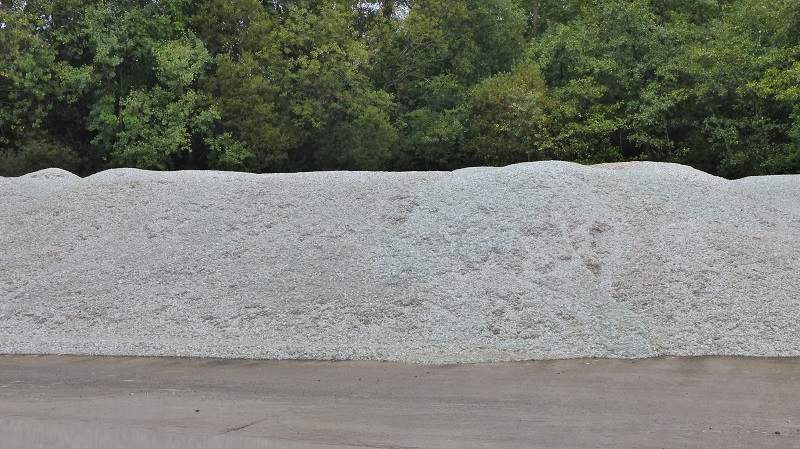
Under the current extended producer responsibility system, producers must pay a percentage of what they place on to the market to ensure 81% of glass packaging is recycled.
PRN prices are currently trading as high as £200, some compliance schemes have suggested, which has led to concerns that there has been some “resistance” from producers to pay the higher fees.
The issue was raised with Defra, who last week said they were “monitoring” the situation (see letsrecycle.com story).



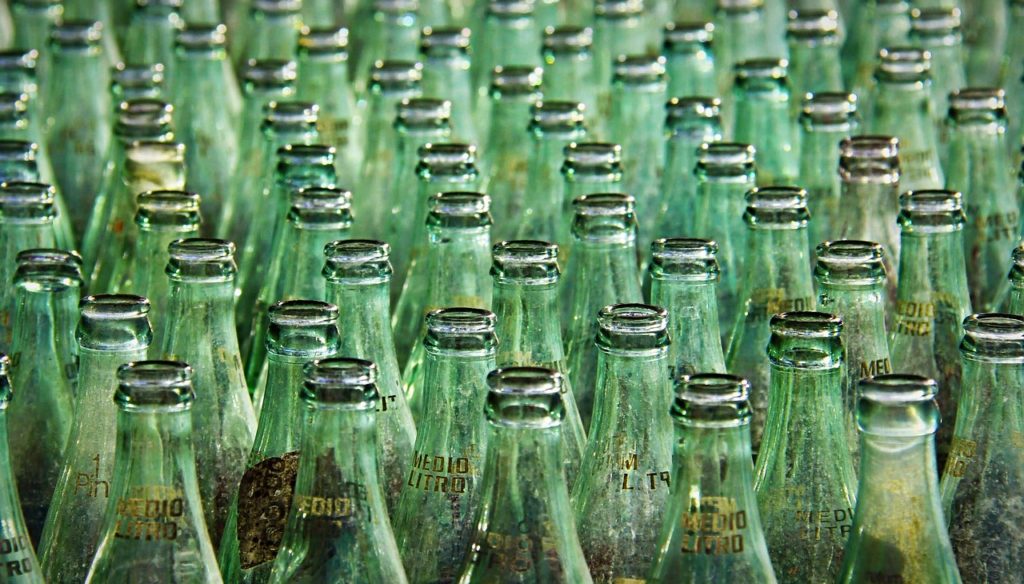

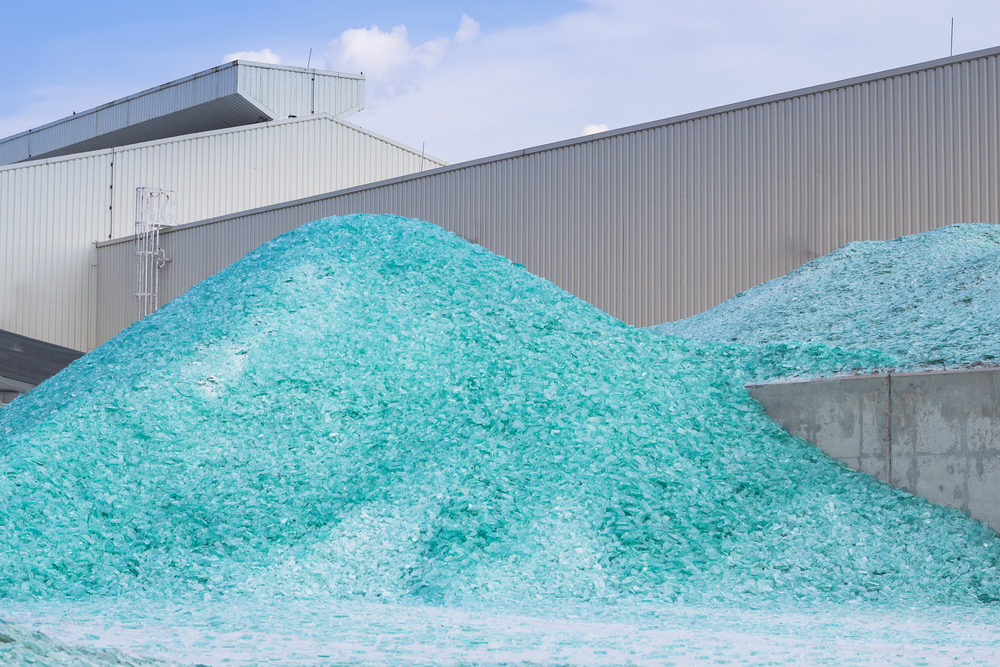
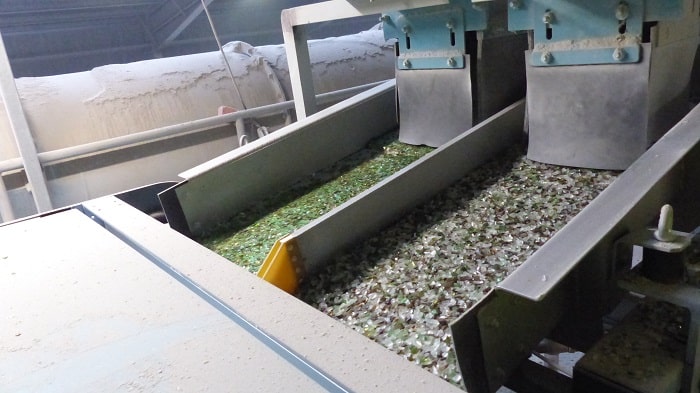
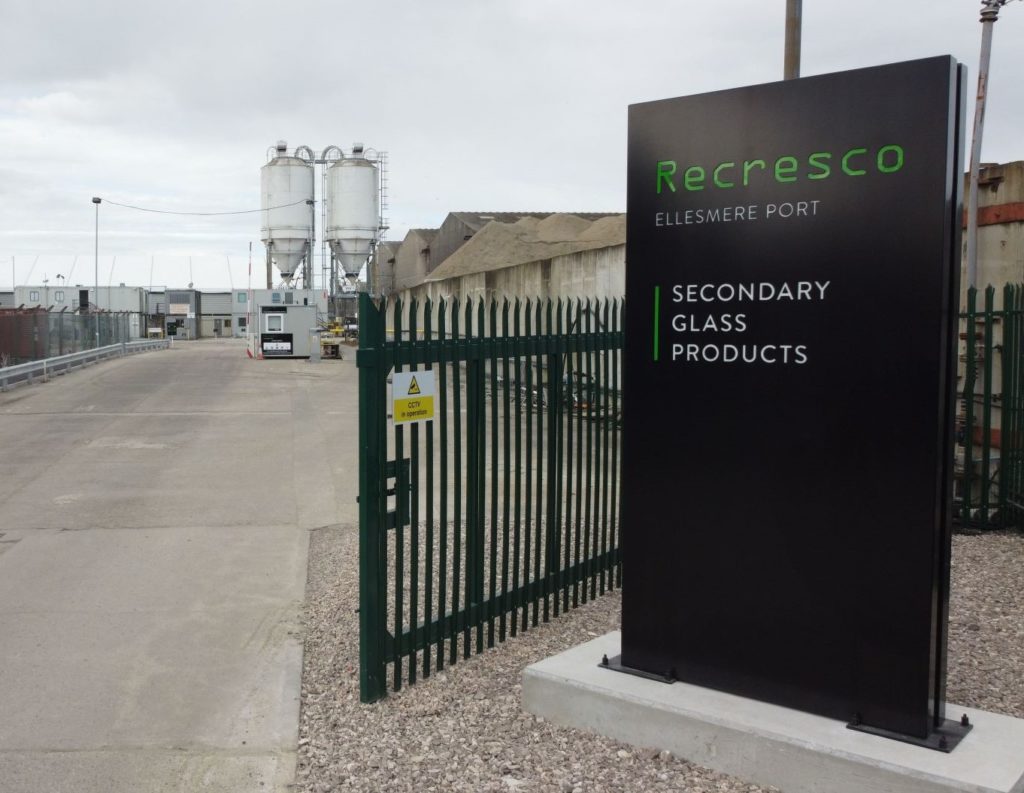


Subscribe for free